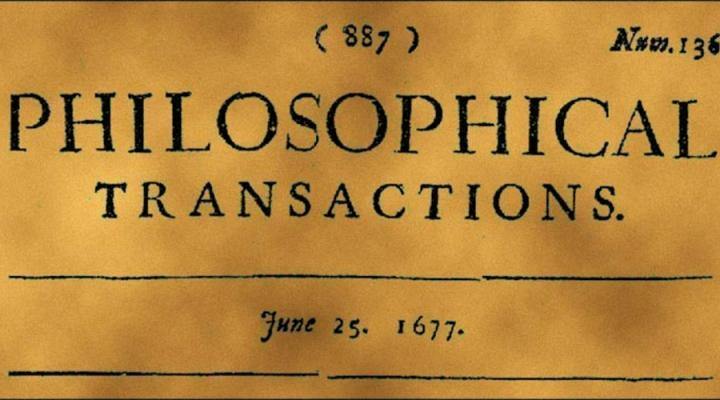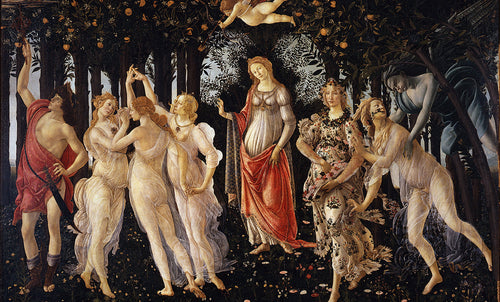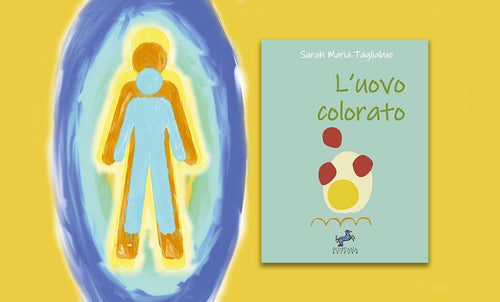
Philosophical Transactions
Leonardo AnfolsiTo begin with Alchemy and Culture we should take a look at all those cultural organizations which made the difference in the cultural heritage of our world, due to science, philosophy, art, religion, collecting, archiving or researching reasons.
We start with the Royal Society, a controversial but fundamental step for the knowledge of operative alchemy in England and the home of Fludd, Boyle, Newton and a lot of other philosophers.
It was twenty five years ago when I met Tim Addey, his family and friends in Frome, Somerset, not far from London. They still organize an active Platonic community and publish important texts of the same tradition, including masterpieces of Thomas Taylor, the Neo-Platonist of the eighteenth century.
My first encounter with the Royal Society in London took place because of philosophy and alchemy I was researching about in those days, when there were no web, wikipedia, very few computers and a lot of very expensive antique books in my dreams.
On a couple of occasions, looking for some old books in the Royal Society Library, I was stunned by the impeccable service of this glorious institution.
Amiably arguing with Tim Addey about philosophy, I noticed his great philosophical training, and we lingered on the life of the philosopher Plotinus, a spiritual teacher of the third-century Rome, from whom the Christians profusely started their theology and Porfirio received the most complete philosophical teaching available at that time; in fact we came to know Plotinus’ teachings thanks to Porfirio’s stilus.
We will talk about this topic later on, since Thomas Taylor discovered something about the transmission of knowledge Addey explained me, and which completely matched with my comprehension of the relationship between Aristoteles and Plato and of the acroamatic teaching.
With my great satisfaction, I also found at the Royal Society in London a text of Taylor right on Plotinus, not included in the collection Addey and his friends had taken care of.
I advise you to have a look at their rich publishing house and website.
So far for all these gifted English philosophers of different centuries[1].
The Royal Society and the Philosophical Transactions[2]
An institutional presentation states…
“In 1662, the newly formed 'Royal Society of London for Improving Natural Knowledge' was granted a charter to publish by King Charles II and on 6 March 1665, the first issue of Philosophical Transactions was published under the visionary editorship of Henry Oldenburg, who was also the Secretary of the Society. The first volumes of what was the world's first scientific journal were very different from today's journal, but in essence it served the same function; namely to inform the Fellows of the Society and other interested readers of the latest scientific discoveries. As such, Philosophical Transactions established the important principles of scientific priority and peer review, which have become the central foundations of scientific journals ever since. In 1886, the breadth and scope of scientific discovery had increased to such an extent that it became necessary to divide the journal into two, Philosophical Transactions A and B, covering the physical sciences and the life sciences respectively.”
Let’s say that the Royal Society foundation (1660) has been a seal of the restoration of monarchy in England after the death of the revolutionary Oliver Cromwell that beheaded King Charles I. His son, Charles II, wanted to “improve the natural knowledge”; this happened to be not so a double meaning phrase since, after two centuries, the orientation of the journal turned towards plain physics and biology, as we may read in the institutional presentation.
We can get the first glimpses of the ancient meaning of this institution when we consider their paracelsian sounding motto 'Nullius in verba', i.e. 'take nobody's word for it' and, of course, the use of the word “philosophical”.
They were times of great change, we are not asserting that the Royal Society had already deployed against Galen, on the contrary; we'll talk about the next issue dealing with Harvey, Fludd and companions.
We are actually writing about the Philosophical Transaction since in the pages of this journal a some alchemists wrote, debated, argued and explored what we will then call “chemistry” and “science” but that at those times was, in fact, something highly philosophical that needed peculiar but precise …transactions.
The beginning of the alchemic quest connected to the Philosophical Transactions took place when, in the late 1650, Robert Boyle was introduced to a circle of natural philosophers, writers, entrepreneurs all connected to Samuel Hartlib, a Prussian visionary traveller. His circle has been considered one of the foundations of the Royal Society which was to be established ten years later.
Hartlib collected his and other’s correspondence, diary and notes about science, theology, philosophy, and titled Ephemerides all this mass of insights and information.
The Prussian visionary genius was a researcher about Bacon, Paracelsus and Comenius’ approaches to civilization and thought; it has been stated[3] that his work could be compared to modern internet search engines, since Hartlib had the aim "to record all human knowledge and to make it universally available for the education of all mankind".

George Starkey is widely known to the alchemists as Eirenaeus Philalethes and was such a committed, quite compulsive practitioner of alchemy, that his friends, seeing his health worsening and his skin whitening, often compelled him to stop experimenting, to sleep and at least open a window in his laboratory, not provided by any extractor fan, fireplace or ventilation, nor window.
In Boyle’s own philosophical diary we find some considerations about the distillation of antimony using sal armoniac, as we discussed in the article “Nushadir”, contained in this issue of Nitrogeno. From Hartlib’s diary we come to know that this process had been explained by Starkey to Boyle, and that Boyle would never admit nor show any gratitude about.
About sal armoniac Hartlib adds some funny considerations about the possible economic benefit resulting from showing the experiment of cooling liquids with ammonium chloride during the hottest days of the Italian summer, where the cardinals pay large amounts of money to have their drinks cooled.
On the Philosophical Transactions we can find[4] some Boyle’s observations about a prepared mercury becoming hot when mixed with gold, an experiment taken from the Starkey repertoire but never admitted by Boyle yet.
In the next issue we will write the reason why Newton had early his hair completely white and we will write about Philosophical Transactions, Royal Society, the Royal College of Physicians, Thomas Norton, Isaac Newton, Robert Fludd, Elias Ashmole, Mary Fairfax Somerville and other philosophers.

1. Prometheus Trust www.prometheustrust.co.uk
2. Royal Society page rstl.royalsocietypublishing.org
3. Anton Tantner, historian and lecturer at the University of Vienna.
4. Alchemy Tried in the Fire: Starkey, Boyle, and the Fate of Helmontian Chymistry by William R. Newman, Lawrence M. Principe, University of Chicago Press, 2005
Leonardo Anfolsi
















































